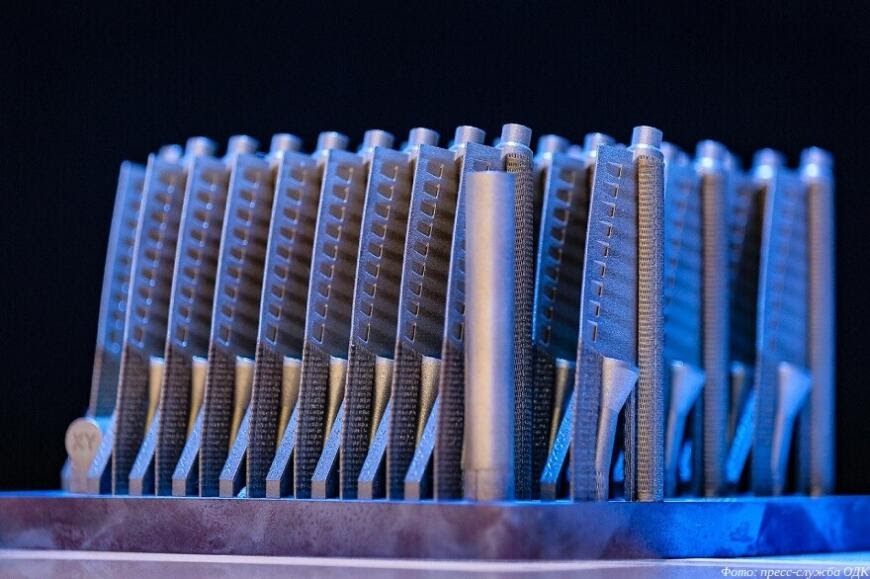UEC NPO Saturn is introducing into mass production the technology of deep grinding with the use of wheels made of cubic boron nitride. The new technological process is designed for the processing of complex sections of gas turbine engine parts made of heat-resistant materials, including 3D printed components.

The technology will be replicated across the entire range of products manufactured by the enterprise and will increase the competitiveness of civil aircraft engines, according to the press service of the United Engine Corporation (UEC). This concerns such parts as nozzle blades, turbine rotor blades, sealing sectors, inserts.

“We consider deep grinding with the use of cubic boron nitride tools to be a promising technology for machining turbine blades. Traditional grinding of high-temperature nickel-based materials, milling, or turning of narrow grooves for turbine blades is a laborious, time-consuming, and costly process. Replacing it with a new technology gives great prospects for its application and reduces the cost of manufactured parts. In all commercial projects, the cost of parts determines the success of the project," says Igor Ilyin, Chief Engineer of PJSC UEC Saturn.

When developing and mastering a new technology, the company's specialists solved engineering tasks of optimizing the geometry of the tool and processing modes, taking into account the real characteristics of the technological system: equipment, tooling, material, and pliability of parts. Grinding technology using cubic boron nitride — narrow diametrical grooves — can increase machining productivity by 20–30% and reduce tool costs by up to three and a half times. For instance, the application of this new technology on a nozzle blade of the second stage engine for civil aviation resulted in saving more than 500,000 rubles ($6,500) for each batch.

UEC Saturn has competencies not only in basic but progressive production technologies as well. These include additive manufacturing, technologies for producing parts from polymer and ceramic composite materials, which is part of the Smart Factory project.

In particular, UEC Saturn completed extensive work on the general qualification (certification) of synthesized materials from a metal-powder composition — a cobalt-based heat-resistant alloy, laser synthesis stainless steel, and titanium alloy for electron beam fusion technology.

Geometry analysis of the resulting products can be performed using laser 3D scanners such as the Scantech FreeScan UE7.
These are the only synthesized materials in Russia included in the lists of materials recommended for aircraft products. Moreover, cobalt alloy and stainless steel are recommended for shipbuilding applications. The introduction of additive technologies into production can significantly reduce the time and cost of developing and launching new products on the market.